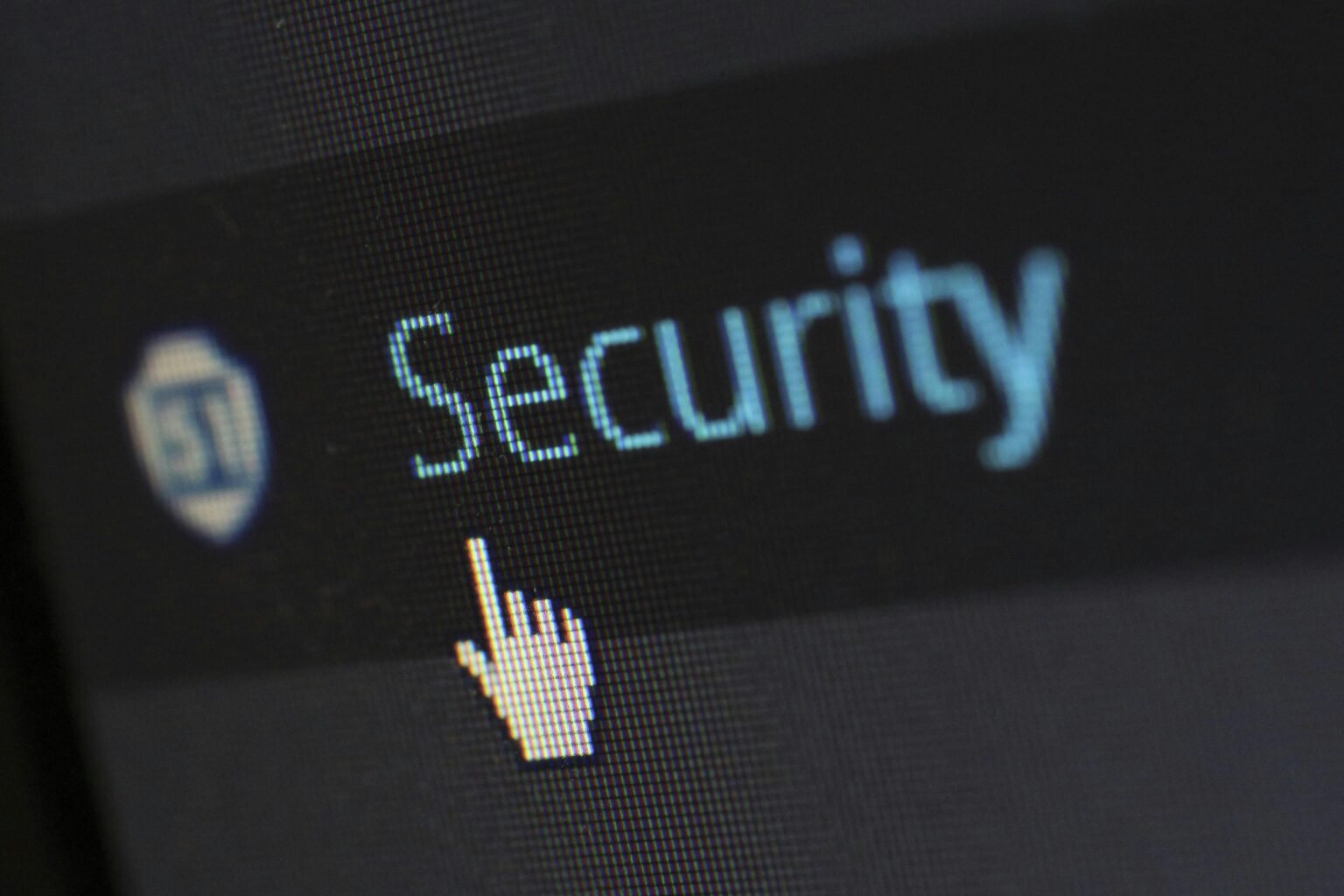
Websites are vital for businesses in today’s world, offering them an essential online presence. However, the importance of website security has significantly grown in recent years. Cyber attackers are constantly looking for weaknesses in websites to exploit and steal valuable data. Therefore, website owners must actively maintain and improve their website security measures.
In this blog post, Cybertegic, a web design agency in Los Angeles, shares 15 basic maintenance tips to keep your website secure:
1 – Update Your Software and Plugins Regularly
Keep your software and plugins up-to-date. The reason is simple: outdated software and plugins are more vulnerable to attacks. They have weaknesses that hackers can exploit to take control of your website. Therefore, updating your software and plugins regularly is crucial to ensure they’re not vulnerable to attacks.
2 – Use Strong Passwords
Passwords are the first line of defense against hackers. It’s essential to use strong passwords for your website. A strong password should combine uppercase and lowercase letters, numbers, and special characters.
3 – Implement Two-Factor Authentication
Two-factor authentication offers users an additional security layer for your website. Users need to present two forms of identification before gaining access to a website. This way, even if hackers get hold of a username and password, they still won’t be able to access the website without the second form of authentication.
4 – Install an SSL Certificate
An SSL certificate encodes data between your website and the user’s browser. Therefore, sensitive information such as credit card details, login credentials, and personal information is protected from interception by hackers. Google also favors websites with an SSL certificate, which can improve your search engine rankings.
5 – Backup Your Website Regularly
You can back up your website using your hosting provider’s backup feature or a plugin. Ensure that you keep multiple copies of your backup files.
6 – Secure Your Website with a Firewall
A firewall acts as a barrier and prevents unauthorized access to your website. It can also block malicious traffic before it reaches your website. You can install a firewall on your website using a plugin or your hosting provider’s services.
7 – Monitor the Website for Any Suspicious Activity
Regularly monitoring and checking your website for suspicious activity can help you identify security breaches before they inflict substantial harm. You can also download and install a security plugin to monitor your website’s activity, providing alerts in case of suspicious behavior or attacks.
8 – Remove Unused Themes and Plugins
Any unused themes or plugins can be a security risk if not regularly updated. Therefore, it’s essential to remove themes and plugins that you’re not using to reduce the risk of an attack.
9 – Limit Login Attempts
Limiting and restricting login attempts can prevent brute force attacks, in which hackers try multiple times to gain access to a website using different usernames and passwords. You can limit login attempts through a plugin or by integrating code into your website.
10 – Choose a Secure Hosting Provider
Using a secure hosting provider is crucial for website security. A secure hosting provider should have regular backup and restore facilities, regular security updates, and a strong firewall.
11 – Educate Your Users
Educating your users about website security can help reduce the risk of a security breach. You can give them tips on creating secure passwords, detecting phishing emails, and other security-related topics.
12 – Conduct Security Audits
Regular security audits can help you pinpoint vulnerabilities in your website before hackers exploit them. You can perform a security audit using a security plugin or hiring a professional.
13 – Secure the Admin Area
To enhance your website security, it is crucial to secure the admin area by changing the default login URL, using a strong username and password combination, and implementing IP restrictions to limit access only to authorized IP addresses.
14 – Use a Web Application Firewall (WAF)
A Web Application Firewall (WAF) is a powerful security tool that filters and blocks malicious traffic before it reaches your website. It monitors HTTP requests and filters out suspicious or harmful requests, protecting your website from various attacks, including SQL injection, cross-site scripting (XSS), and DDoS attacks.
15 – Regularly Scan for Malware and Vulnerabilities
Performing regular malware scans and vulnerability assessments can address any potential security risks. Various tools and plugins can scan your website for malware, outdated software, and vulnerabilities. Regular scans will help you detect and fix any security issues before hackers can exploit them.
Key Takeaways
Website security is a critical aspect of modern-day businesses. Ensuring that your website is secure requires proactive measures such as updating software regularly, using strong passwords, implementing two-factor authentication, and using an SSL certificate. It’s also essential to back up your website regularly, secure it with a firewall, monitor it for suspicious activity, remove unused themes and plugins, limit login attempts, choose a secure hosting provider, educate your users, and conduct regular security audits. These 12 maintenance tips can enhance your website security and protect sensitive data from hackers.
Ensuring your website’s security is paramount in today’s digital landscape. Implementing these 15 basic maintenance tips can significantly enhance your website’s security posture and protect it from various cyber threats.
Staying proactive, regularly updating software, using strong passwords, and employing additional security measures such as two-factor authentication and firewalls can safeguard your website and valuable data against potential attacks. Cybersecurity, indeed, is an ongoing process, so staying vigilant and informed about the latest security trends and threats is key to maintaining a secure online presence.
